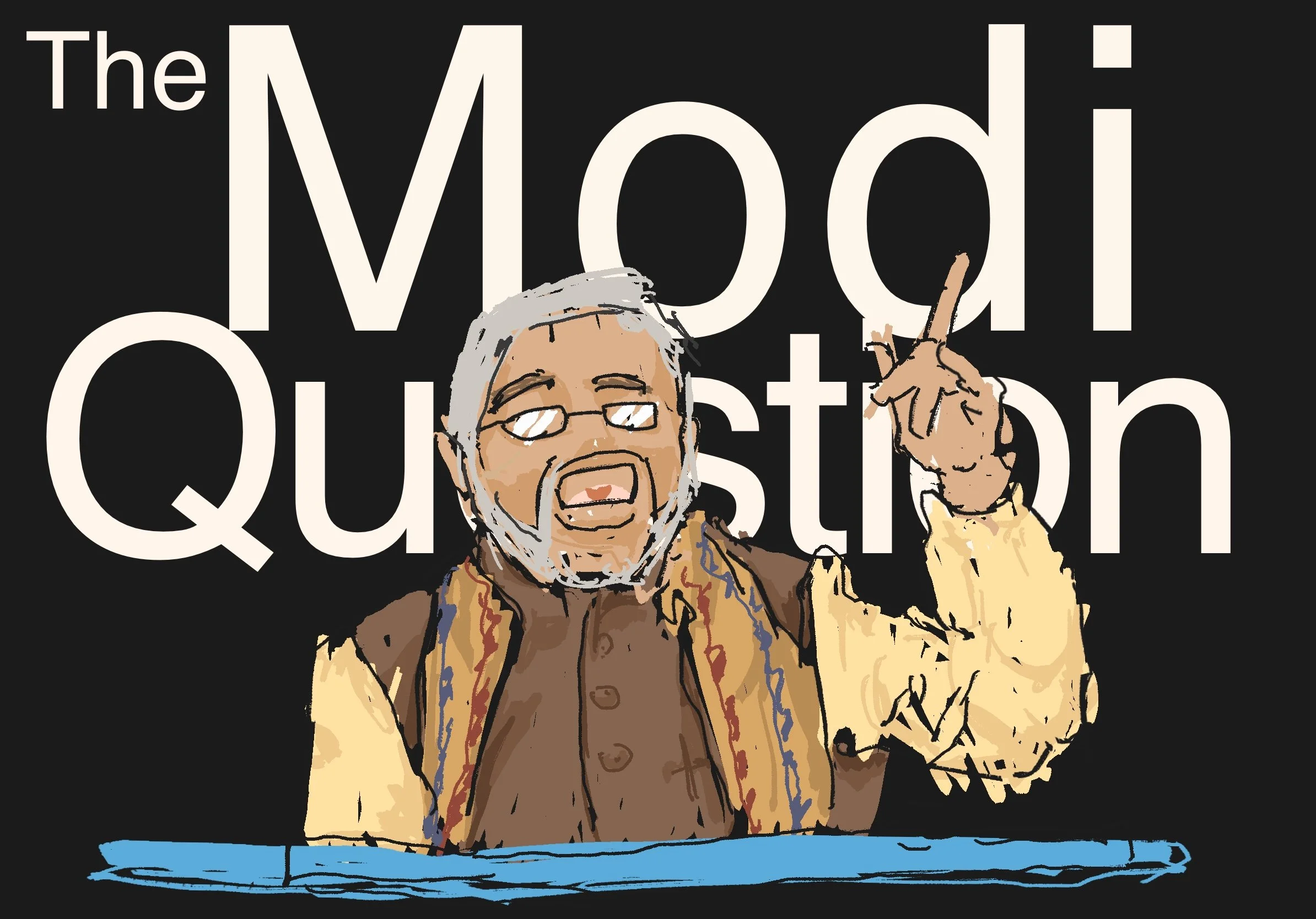SUNNY WEI ‘23
GRAPHIC DESIGNER
OPINION

As an Indian woman who lives to see a religiously-divided India today, it would be impossible for me to ignore that the origins of the religious strife can be traced back to the horrific British colonization and their heinous “divide and rule” land-conquering strategy. The list of harms done by the British Empire cannot possibly end at pitting religious communities against each other. The question for many of the once-colonized nations is not the scale of the offenses committed by the imperial power but what the monarchy can do next in mending the relationship between the United Kingdom and the rest of the Commonwealth.
At the first meeting of Mount Holyoke’s Film Society, we discussed our plan for the semester’s screenings. I created a screening schedule featuring Black-centered films in February to honor Black History Month. It was also important that the club continue to show films led by people of color throughout the semester. The world of film criticism disproportionately recognizes white-centric cinema as the pinnacle of quality, even though filmmakers of color consistently produce remarkable work.
I have been dancing for as long as I can remember: since I started movement classes at the Lawrence Arts Center in my hometown at the age of two.
When I was around four or five, I was deemed ready to start ballet. By the time I was 14, I had been accepted into the Lawrence Ballet Theater, the pre-professional dance company at my studio. Throughout high school, I was a member of this company, adding more and more hours to my schedule to meet the demands of dancing at such an intense level. I went to the University of Kansas Dance Intensive every summer and participated in several productions a year, as well as worked with visiting choreographers who set pieces for the company.
When Sara Ali Khan, a famous Bollywood actress in India, endorsed a fitness app called “HealthifyMe,” her face was emblazoned on billboards all across the city of Mumbai. Khan claimed that she had lost over 80 pounds during her fitness journey. Khan has been candid about her struggle with Polycystic Ovarian Syndrome, a hormonal disorder that causes irregular periods, weight gain, acne and [the production of] excess androgens due to the presence of cysts in the ovaries.
BOOKS
“Call Us What We Carry” is the debut poetry collection of Amanda Gorman, who, according to NPR, became the youngest ever inaugural poet in 2021 at 22 years old. Her website notes that she graduated from Harvard with a degree in sociology in 2020, a year before she performed at Joe Biden’s inauguration. Gorman was appointed as the first National Youth Poet Laureate in 2017. Now, she is the youngest board member of 826 National, the largest youth writing network in the United States. Her first two books, a children’s book titled “Change Sings” and the published version of her inaugural poem “The Hill We Climb,” were released in September 2021. Readers can dive deeper into her work with “Call Us What We Carry,” originally “The Hill We Climb and Other Poems,” which was published on Dec. 7, 2021.





